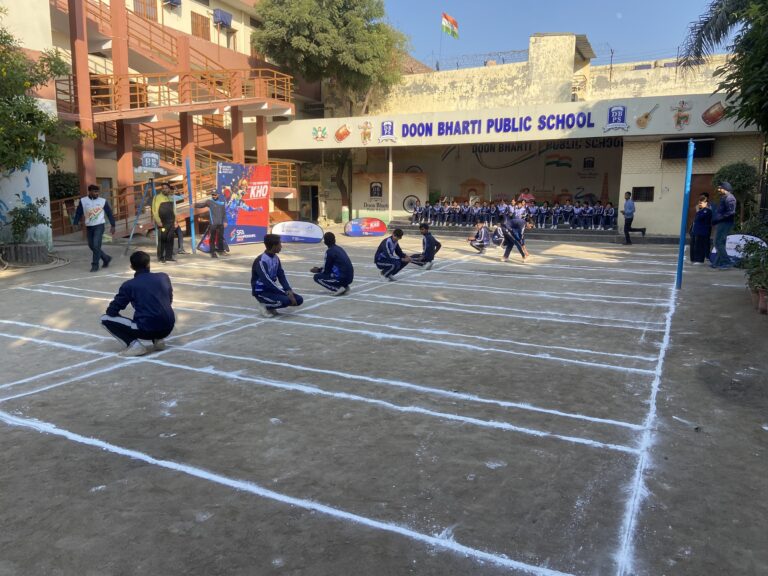Questioning the three-month wait by the Central Vigilance Commission (CVC) before it acted on allegations of corruption against Central Bureau of Investigation (CBI) director Alok Verma, the Supreme Court on Thursday reserved its verdict on petitions by Verma and the NGO Common Cause challenging the Centre’s decision to strip him of his powers and send him on leave in October.
Concluding its three-day hearing in the case, a bench comprising Chief Justice of India (CJI) Ranjan Gogoi and justices SK Kaul and KM Jospeh remarked: “This situation that prompted CVC to take the action of divesting Verma of his powers as CBI director] did not happen overnight.
“If you [CVC] could have tolerated it since July, it is not that you were forced to take a decision immediately.”
On October 23, after an increasingly public feud between Verma and his deputy, Rakesh Asthana, who accused each other of corruption, reached the courts, the CVC, which has jurisdictional oversight of the CBI, divested both of them of their powers and sent them on leave. The Centre told the judges on Wednesday that it had acted well within its jurisdiction and didn’t have much of a choice, saying the two officers were fighting like “cats.”
“Essence of every government action is to do what is acceptable. If you have two courses of action – one acceptable and other more acceptable – what stopped the government from taking the more acceptable option,” the court said to solicitor general of India Tushar Mehta, who appeared for the CVC.
Mehta argued that every all-India service officer is covered by the CVC Act. The commission has the power of superintendence over the officers, Mehta said, asserting that the CBI director was an Indian Police Service officer and the conduct rules for all-India service officers applied to him, too.
“Suppose a person is caught red handed taking a bribe or misbehaving with a lady, immediate action has to be taken. There needs to be some provision by which CVC can act ,which is not envisaged by the statute,” said Mehta.
Calling the action against Verma and Asthana correct, the solicitor general submitted that the “two officers instead of investigating serious cases were investigating each other, were raiding each other.”
“Jurisdiction to inquire and act against officers is vested in CVC and CVC would have been guilty of dereliction of duty if I would not have acted. I would have been answerable to the President, legislature and even this court. CVC acted in a non-partisan way.”
Verma has challenged his removal and contended that the action against him amounted to a transfer, which he argued cannot be done without the approval of a high-powered panel headed by the Prime Minister that appoints the CBI director. The leader of the largest party in the Opposition and the CJI are the other members of the committee.
Intervening at the fag-end of the arguments by the government, attorney general KK Venugopal dismissed the claim by the petitioner that the government move amounted to his transfer.
“It’s a highly artificial argument that Verma has been transferred, in effect it’s only a suspension. The authority that has the power to appoint also has the power to suspend or dismiss,” submitted Venugopal.
Appearing for CBI, additional solicitor general P Narsimha also opposed Verma’s contention that he had been effectively transferred. He said a difference existed “between a simple transfer and transfer on the grounds of disciplinary action.”
“Moreover, the CVC could act under the powers of supervision vested with it,” he said.
Insisting that the government action amounted to Verma’s transfer, senior advocate Fali Nariman contended: “I am a CBI director only on my visiting card. I must continue to hold office and not just [the] post. Transfer doesn’t mean transfer in service jurisprudence, it must be seen in its ordinary meaning. If CVC and government orders are seen, all functions (of the CBI director) have been taken away.”
“The government must in all circumstances go to the high-powered committee of the Prime Minister, Leader of Opposition and Chief Justice of India for a call on the CBI director,” Nariman said.
Senior advocate Dushyant Dave, appearing for Common Cause, argued that the CVC had limited powers and could only supervise corruption cases and that it didn’t have the authority to divest the CBI director of his powers.
“There was no immediate reason for acting against Verma. There was a complaint against him in August – and three months later, at 2 am in the night, an action is taken against him. They wanted to stop the CBI director from going into something,” Dave said.
Appearing for Congress Lok Sabha leader Mallikarjun Kharge, senior advocate Kapil Sibal argued: “CVC superintendence over CBI is only in respect to corruption cases. Government could have gone to the committee and said transfer him, there are serious allegations against Verma. When a situation of this nature arises, transfer and apply conduct rules, otherwise you give unregulated power to government, which is opposed to (an) SC judgment.”


















